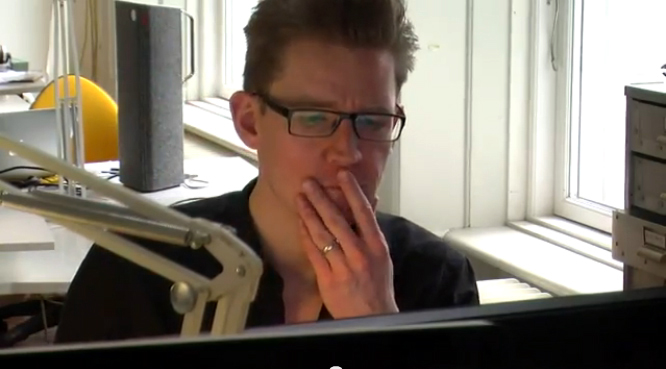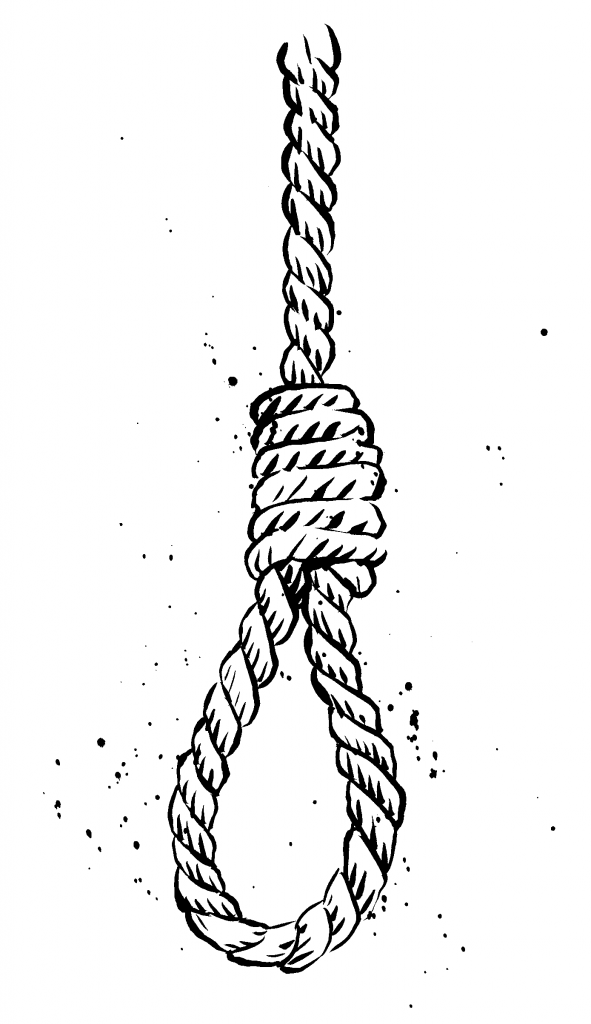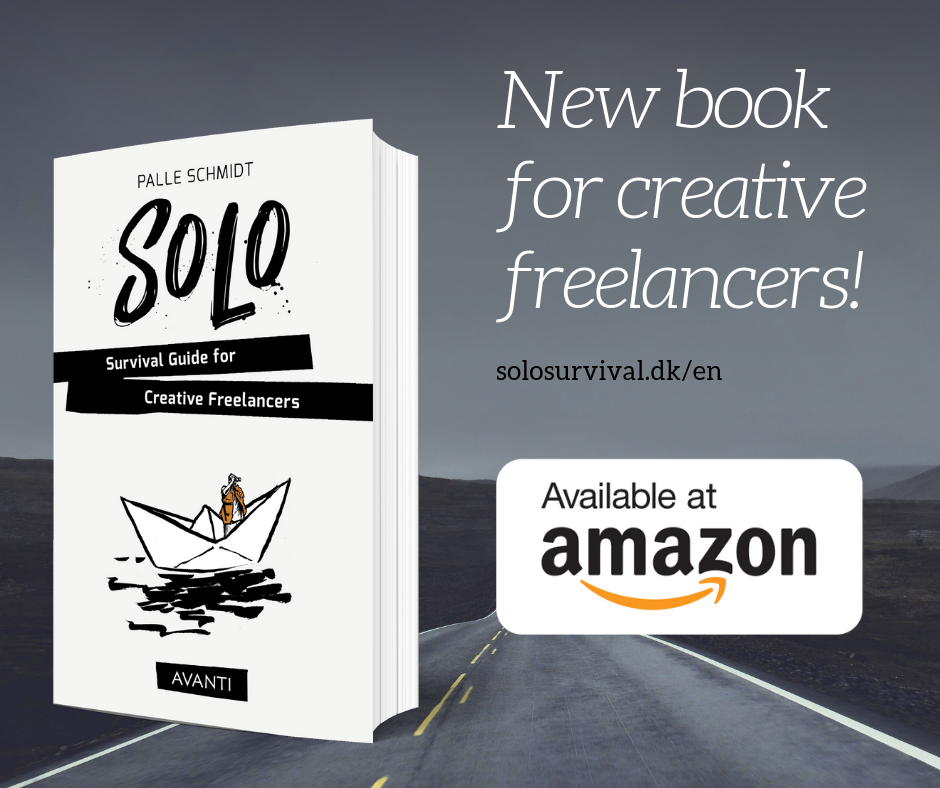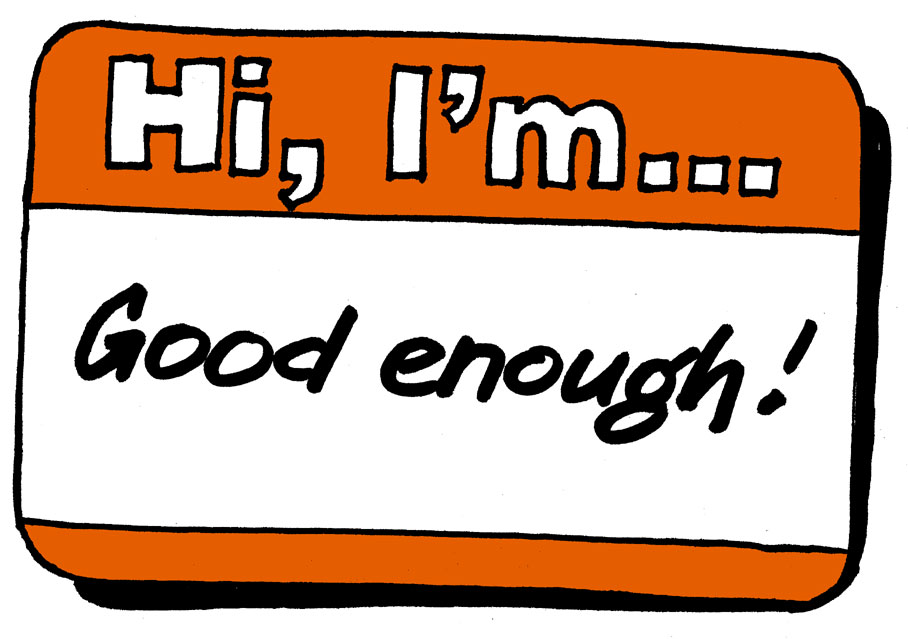Your worst enemy as a creative… is yourself!
If you think you’re alone in feeling like a hack, a fraud and a talentless poser, think again. We all have an annoying voice in our head, telling us we suck! What to do?
Watch this video, that’s a start.
How to Write & Draw Comics
Your worst enemy as a creative… is yourself!
If you think you’re alone in feeling like a hack, a fraud and a talentless poser, think again. We all have an annoying voice in our head, telling us we suck! What to do?
Watch this video, that’s a start.

It sounds to me like you’ve been looking for inspiration in the wrong places. Books on storytelling can be great to help you course-correct but rarely feed the creative fire to create something from scratch. You need to turn your looks to your inner self, what stories are bubbling in there that you want to tell? Or read lots of fiction to get inspired for your own stories.
I certainly can relate to jumping from one story to the other, I do it all the time (see this post on writing for scatterbrains: https://comicsforbeginners.com/writing-tips-scatterbrains/). The main difference I think is I have enough discipline and/or experience to either abandon a story with total conviction (after not spending too long on it) or clench my teeth and finish the damn thing at some point.
A friend of mine who’s a very succesful and wildly productive writer once told me: “He who has written is wiser than the one who has not.” Meaning you DO learn and evolve, even though you may end up scrapping the ten pages you just wrote. My friend also suggest keeping all the failed attempts and false starts on file because who knows? Maybe one day that bad idea can be used as a subplot for another story, a character you wrote can be brought back from the dead to play a part in something else, or you will simply get a new idea from skimming through an old one. I personally just found a document I had forgotten I wrote, which turned out to be a pretty decent outline for a crime story that never really found it’s form. Looking at it now it seems perfect to pitch to this new editor I just had a meeting with.
Not everything has to pay off here and now. You can plant seeds and maybe one day some of it will bear fruit. Be patient.
That said, you need to finish something to build your confidence as a storyteller. Every abandoned project that just didn’t work or you lost interest in will add another frustrating chip in your armour, make you feel like a loser. I harp on this a lot, the fact that quitting half way through a project breaks down our self-confidence as creators – and we NEED that self-confidence, it’s at the core of our creative existence. We need to nourish it and shelter in from the slings and arrows of outrageous fortune as Shakespeare put it, keep it safe from the nay-sayers and the sceptics, because they will stomp that thing into oblivion if you let them.
I recorded a podcast episode on quitting that might be helpful: https://comicsforbeginners.com/comics-for-beginners-podcast-episode-30-why-we-quit/
Again, there is the possibility you just don’t have a knack for writing. And that’s totally OK! You can work with a writer or a writing partner (which might also help keep you on track and accountable). I wrote a post on getting an artist on board. If you flip the narrative, you might find some good ideas here: https://comicsforbeginners.com/catch-artist/
Choosing which story to pursue is not easy. Decide early on to ditch the idea or stick the landing. If you find yourself returning to a story again and again in your mind, then it’s time to commit to develop it further. Set a deadline, get an accountability buddy who agrees to read your first draft.
My final piece of advice would be to spend a day or two writing up a synopsis or just notes on a story, then leave it be for a week or more. If you keep returning to the story and characters in your mind, that’s an indication there’s more to explore in that world. If you don’t dream or think about the story at all, doesn’t mean it’s not a good idea – it just means you are not meant to write it.

The fear of failure, the fear of finishing. When a work is finished and put out into the world it can feel like a loss of control and setting yourself up for criticism. It can be hard to live up to the expectations of the audience as well as your own.
If you’re not able to “dance with that fear”, as Seth Godin put’s it, you are dead in the water. It could help to trick yourself into thinking of the work as a jam session rather than a large scale concert where nothing must go wrong. We talked about this idea earlier, but the fear of the blank page is real and tangible. You need to splash some paint on that canvas, put yourself in a situation where you don’t freeze up. I still have a ton of doubts about whatever I am creating. Experience has taught me to push through those doubts and distracting my monkey brain in the process. Just putting on a pair of headphones and doing one task at a time, going for progress not perfection.
When I was working on my graphic novel STILETTO, I made a rule for myself; I was not allowed to redraw or make significant corrections until after I had finished all 120 pages of artwork. I made mental notes whenever I was dissatisfied with a panel, promising myself I would fix it later. But guess what? When looking at the book as a whole, redrawing those panels didn’t feel so important any more. I ended up redrawing maybe a handful of panels, all because of continuity or for clearer storytelling, not because I didn’t like the art. I was able to keep myself from getting derailed by postponing judgment. It also saved me a ton of work.
Attempts to cheat your own brain like that don’t always work. If you feel you lack ideas or lack the drive to create, go do something else. I always used to think of my creativity as a bonfire that had to be kept burning. I was afraid the fire would die out if I left it alone for too long. Now I feel like walking away from it for a day, a week or even a month is the best way to get a bigger fire burning. Seeing new places, getting new experiences and learning something new are almost surefire ways of getting out of a creative funk.
On a day-to-day basis I also try to use the approach of getting a different perspective. I bring my notebook on a walk along the lakes or to a cafe. I flip my drawings over on the light box, look at the mirrored image and immediately spot mistakes I was blind to before. I print out my manuscript and go sit in another chair or in the kitchen rather than stare at the computer screen. Going back and forth between digital and analogue as well as changing scenes can help you get out of whatever rut you’re stuck in.
This post is an excerpt from my book SOLO – Survival Guide for Creative Freelancers – Get in now on Amazon.

In this video I give three book recommendations that might seem kind of left field. Nevertheless all three have had a huge impact on me and how I see myself as an artist – and as a human!
Here are direct affiliate links to all three books on Amazon:
The War of Art: Break Through the Blocks and Win Your Inner Creative Battles, by Steven Pressfield
The Dip: A Little Book That Teaches You When to Quit (and When to Stick), by Seth Godin
The Subtle Art of Not Giving a F*ck: A Counterintuitive Approach to Living a Good Life, by Mark Manson

We might get lucky and meet some peers who can give us guidance, tell us where we need to improve or tell us not to worry so much. But we all worry. And I bet you we all ask the same question: Am I good enough? Do I have what it takes to make it as a comics artist?
No one can tell you for certain, if you have what it takes. A portfolio review only tells you if you have the basic talent for drawing. What goes on inside of you is far more important. Are you willing to put in the time and effort to get to the level you want? To confront your own shortcomings and tackle them head on? Are you prepared for the insecure lifestyle of a comic book artist? The solitude? The long hours? The lack of money and lack of respect from your friends and family?
Are you ready for critizism, fair and unfair? Can you muster up the guts to consistently put yourself out there and be judged? How do you handle taking notes and being told what to do? Do you freeze up when you have to perform under less-than-optimal circumstances? How well do you work under the pressure of a deadline? Do you get anything done if there’s NO deadline, or do you end up wasting your days playing World of Warcraft? Can you forgive yourself for producing less-than-perfect art? Do you endlessly beat yourself up if you’re not productive enough, good enough or succesful enough?
What does “making it” even mean for you?
Have you set a specific and measurable goal, and if not, how will you know if you get there? And have you set a time limit for when you want to have “made it”, knowing that it will probably take years longer than you expect?
And guess what – no one has ever “made it” in comics. Because you’re only as good as your last job. Because even the artist you admire the most judge their own success in a totally different way than you do. Because no matter how succesful you are, you still strive for more. There’s always room for improvement.
All this may sound like I’m trying to get you to give up, which is not at all true. The only thing I want you to give up, is asking the wrong questions. Whether you are good enough, time will tell. Time, effort, courage, persistance.
And you know when you are “making it”?
When you are making the most of the skills you have.
As an artist you often have more ideas than you have the time and resources to complete. How do you decide what projects to do next? How do you make sure you’re not just mindlessly taking on all incoming work but stay true to your creative vision? Is strategy even a word in the artist dictionary? And what does a walk in the woods have to do with making comics? Watch the video to find out!
Let me know if this video helps you in any way or what method you use to decide what to work on. Do you even have a method or do you just follow your gut?
If you have questions or issues please contact us.
Official mail: mail(at)comicsforbeginners.com